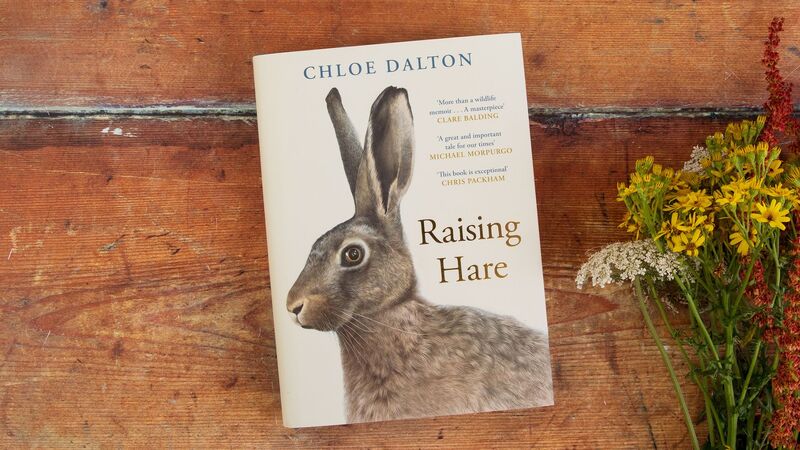You are viewing your 1 free article this month. Login to read more articles.
Open all hours
Open Access is back at the top of the publishing agenda, and this time it isn’t just the academic sector that will be affected. Within a very few years, any long-form narrative work from an academic whose research has been supported by public funds—whether as a monograph for a university press or a crossover book placed with a trade publisher—may need to be made freely available via OA, in order to be credited towards the vital measure of achievement, the Research Excellence Framework.
Higher education funding body HEFCE (soon to become Research England) presents this as a natural extension of the push to OA in journals of the past few years. The drivers are the same, HEFCE says: to maximise the value of research by reaching the greatest number of readers, and—secondarily— promote publishing innovation. But the dynamics of journals, where STEM subjects dominate, and monographs, tilted to the humanities and social sciences, are very different—as are the levels of public funding devoted to their research. The implications of an Open Access policy for monograph-heavy presses are considerable; hence the anger when the policy was aired—pretty casually, publishers felt—at last month’s University Press Redux Conference.
HEFCE policy chief Steven Hill sets out his position clearly in a full interview with The Bookseller this week. His words are unlikely to reassure, partly because the reasoning is so under-researched. The user-demand for open access—in this field anyway— is not clear (a fact Hill acknowledges); the funding models remain largely untested; and the outcomes uncertain.
Publishers—whose long heritage of expertise in the curation and dissemination of scholarly materials is being treated as dispensable—are not only angry on their own behalf, but also sceptical whether the policy is likely to achieve its stated aims. With discoverability such a crucial issue for academic work, will a push to disrupt the established publishing models, and the skills developed through them, actually undermine the broad impact of research rather than enhance it? What will be the effect on quality? Is cost-cutting much more of a driver than is being acknowledged?
A high-level policy towards OA has been developed and it will be implemented, says HEFCE. Hill reckons one result coud be a“decoupling”of the academic book, whereby some publishers only fulfil some of their historical functions, while other organisations take over the rest. A review will open shortly: publishers, some of whom clearly feel sidelined by HEFCE, must now get out in the open. Their voices must be heard; their contribution to the research sectors acknowledged.
















